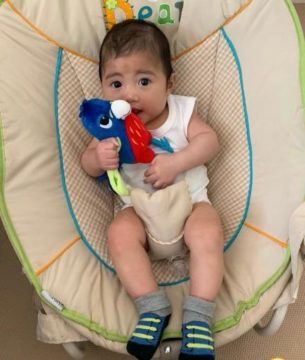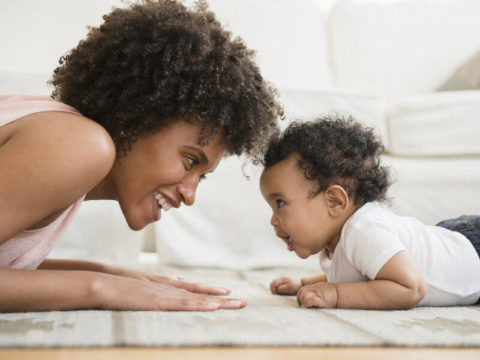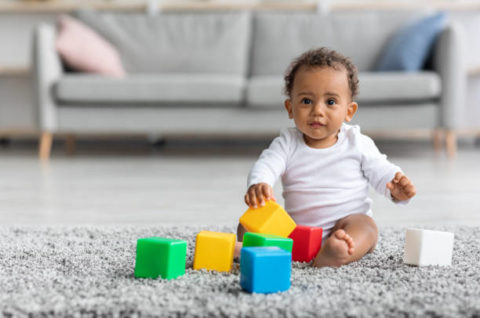
How To Raise Emotionally Healthy Children
July 27, 2019
Importance of Family Time for Childhood Education
July 30, 2019“Learning to learn” is the ability to pursue and persist in the act of learning, to be able to organize one’s own learning, through the effective management of time, energy and information, both as individuals and in a group. This skill includes the awareness of one’s learning process, needs and requirements, analyzing, recognizing and identifying the presented opportunities, and the ability and skill required to overcome the hurdles and obstacles with the objective and purpose of learning successfully. This ability and competence mean acquiring, processing, managing and integrating the newly acquired skills, talents, experience and knowledge. Learning to learn engages and helps listeners to build upon prior learning and knowledge and experiences in order to apply those knowledge and skills in vast, wide and varied contexts and scenarios.
Learning to learn is an essential skill and element required to becoming a better learner. Below are some recommendations for those who want to improve, expand and develop their ability to learn.
Most children aren’t born good learners. Yes, a child’s personality does play a part in their willingness to learn and their overall disposition and outlook towards school and education. But most children who are good learners had to, at some point learn how to be good learners. Most children possess the ability and have the aptitude required to becoming a good learner. One of the biggest mistakes that parents and teachers alike often make in regards to developing children is limiting them to the classroom. The classroom may indeed be the primary source of knowledge and intellectual and social growth, but to truly develop, it should grow and extend beyond and outside the 4-walls of the classroom. This will aid in further igniting the desire within the child to learn, and their ability to grow.

7 Ways to help Make Your Child a Better Learner
- Develop a Mindset that is Open to Learning To develop a mindset that is open to learning and acquiring knowledge is the obvious first and most crucial step a child must take towards becoming a better learner and developing the skill that is ‘Learning to Learn’. You and your child must first believe that she can learn. Your child is not born with a pre-existing and specific set of skills; they learn it over time. Your child can be whatever they want to be with the right amount of time, effort and energy.
- Learn How to Learn We are always learning; from the time we take our first breath until our last. But only a few of us learn how to optimize it and learn adequately. Whether it be learning a new language or picking up a new skill like playing a new sport or learning a new instrument, one can save a lot of time while learning something new by learning how to learn.
- Put Your Child in the Driver’s Seat Regarding education and learning, all some kids experience is ‘control’. When a child feels controlled or is no longer in control, they tend to withdraw from learning, lose focus and simply follow the motions without much thought. Yes, it is important to guide children, but it is just as important to let children experience and be in control of their own learning experience. Whether it be at home or in the classroom, provide children with the ability to have direct input in their learning choices.
- Focus on Your Child’s Interests Your child engages in learning in areas that they have an interest in. This way learning becomes fun. If you want your child to become a good learner, encourage learning and exploring topics that they are naturally inclined to gravitate towards. Expose your child to books from an early age. From the toddler age itself, provide you child with books for babies, picture books for babies. Make your child learn as much as he can absorb. He will then choose his interests from what you have made available.
- Design a Learning Plan For your child to be efficient and effective while learning, it is important to have a plan of how they’re going to do it. This can be done by setting smart objectives, developing a timeline and milestones, and finally, committing to the plan.
- Read as Much as Possible Reading has an immense impact on people, and especially on children in many ways. Bedtime reading is of paramount importance. There are a wide variety of books for babies available. Keep them at hand within reach of the child. Let your child know the value you place on books and reading. Set an example. Be a role model.
- Practice Pouring time and energy into theory and reading is helpful, but to a degree. Implementing what your child has learned in theory and by reading into practice is when their skills truly start to develop and blossom. The most important thing that you as a parent can do, is talk and read to your child!





